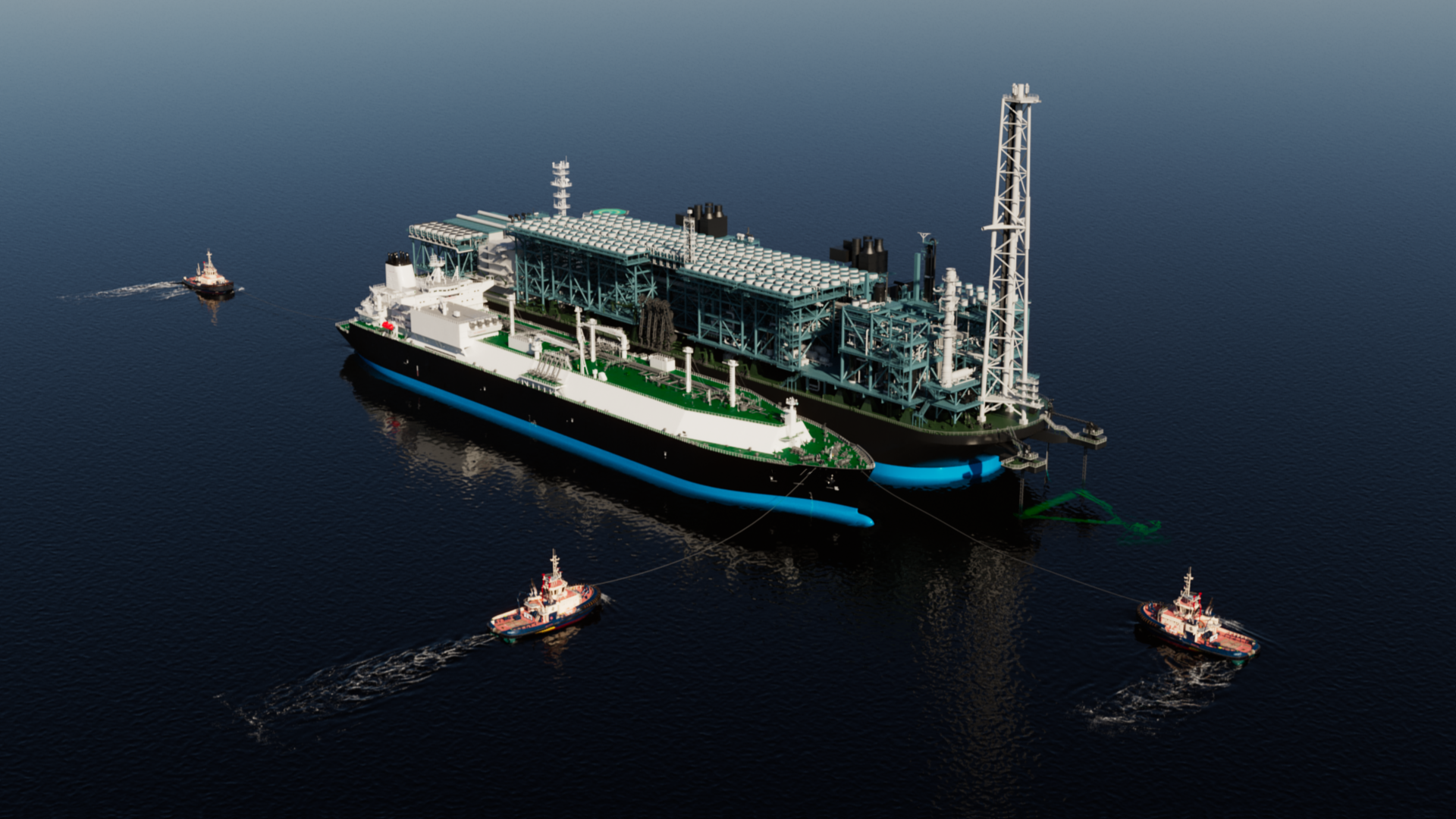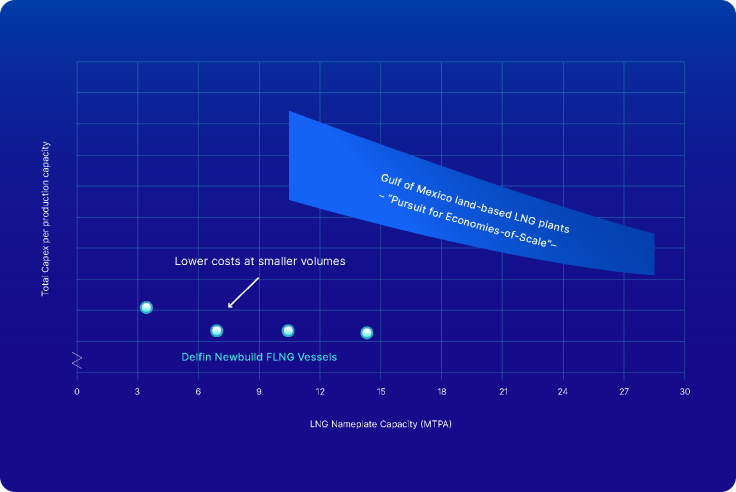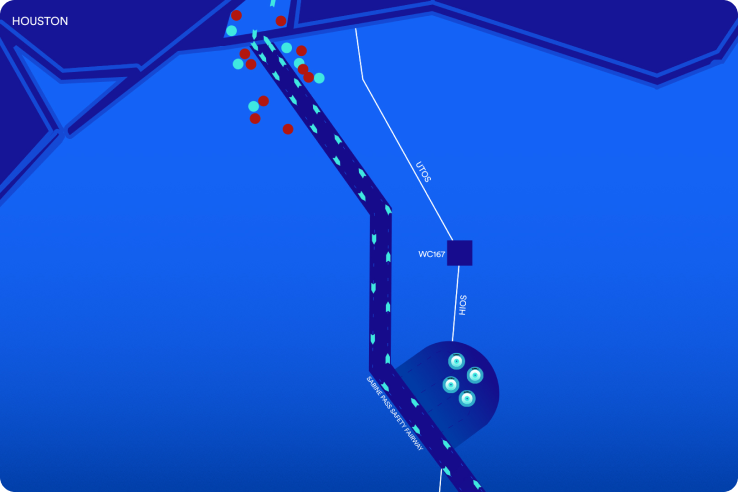
The FLNG Vessels will be constructed at existing shipyards, will be connected to existing offshore pipelines and located offshore. Inherently Deepwater Port FLNG Projects have a lower environmental impact than newly constructed plants onshore.

By using (existing) offshore pipelines, building the entire LNG plant at existing shipyards and with the LNG carrier berth integrated with the FLNG Vessel, these projects can reduce the capital costs significantly compared to onshore LNG plants.

Each FLNG Vessel is developed as a separate project with its own commercial and financial structure and its own FID. This results in a much lower FID threshold of abt. 2.5 MTPA for contracting its capacity compared to land-based terminals. This benefit together with lower capital costs allows the company to offer significant commercial flexibility to its clients and partners, whether this relates to commercial models, tenors, risk/upside sharing, equity participation or the joint development of the wider LNG value chain.

Being offshore, and FLNG project avoids traffic congestion at the port entrances and rivers along the US Gulf Coast. And with Delfin being the 100% owner of the “Deepwater Port” it is in control of all the marine operations at the Deepwater Port.
